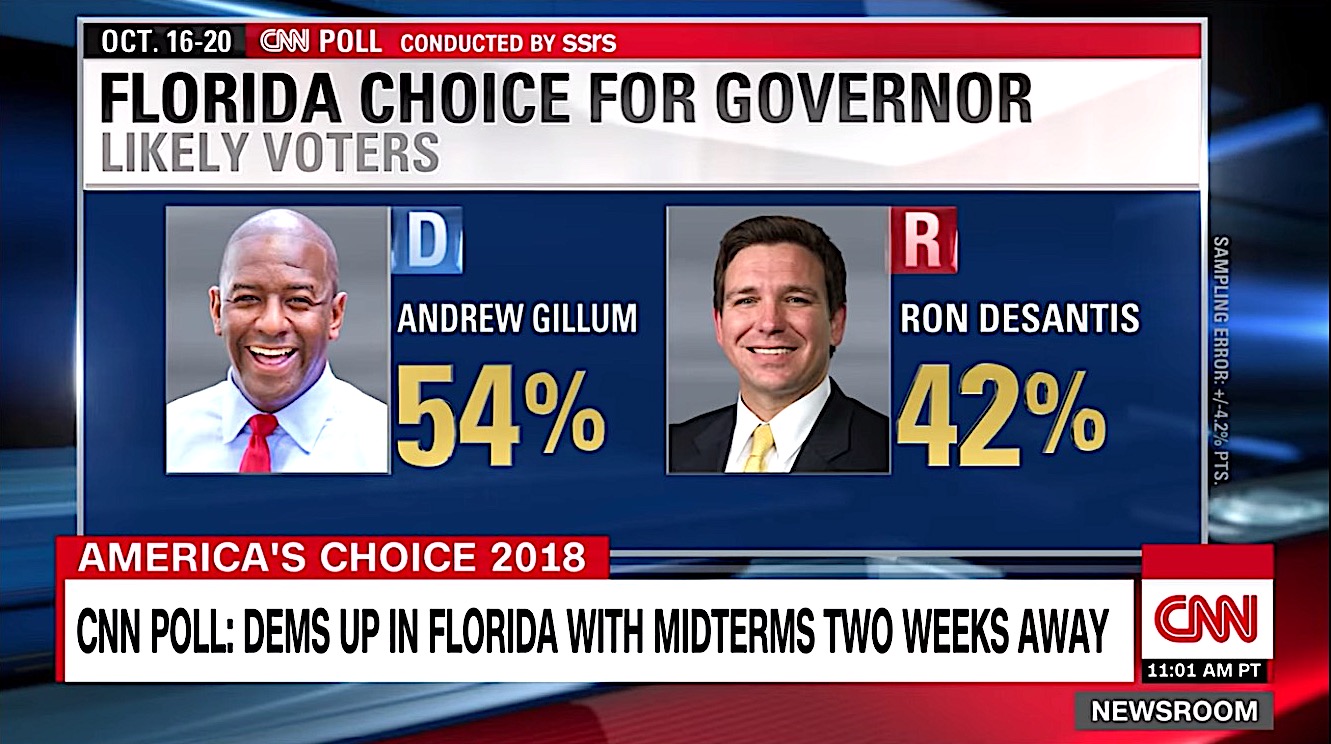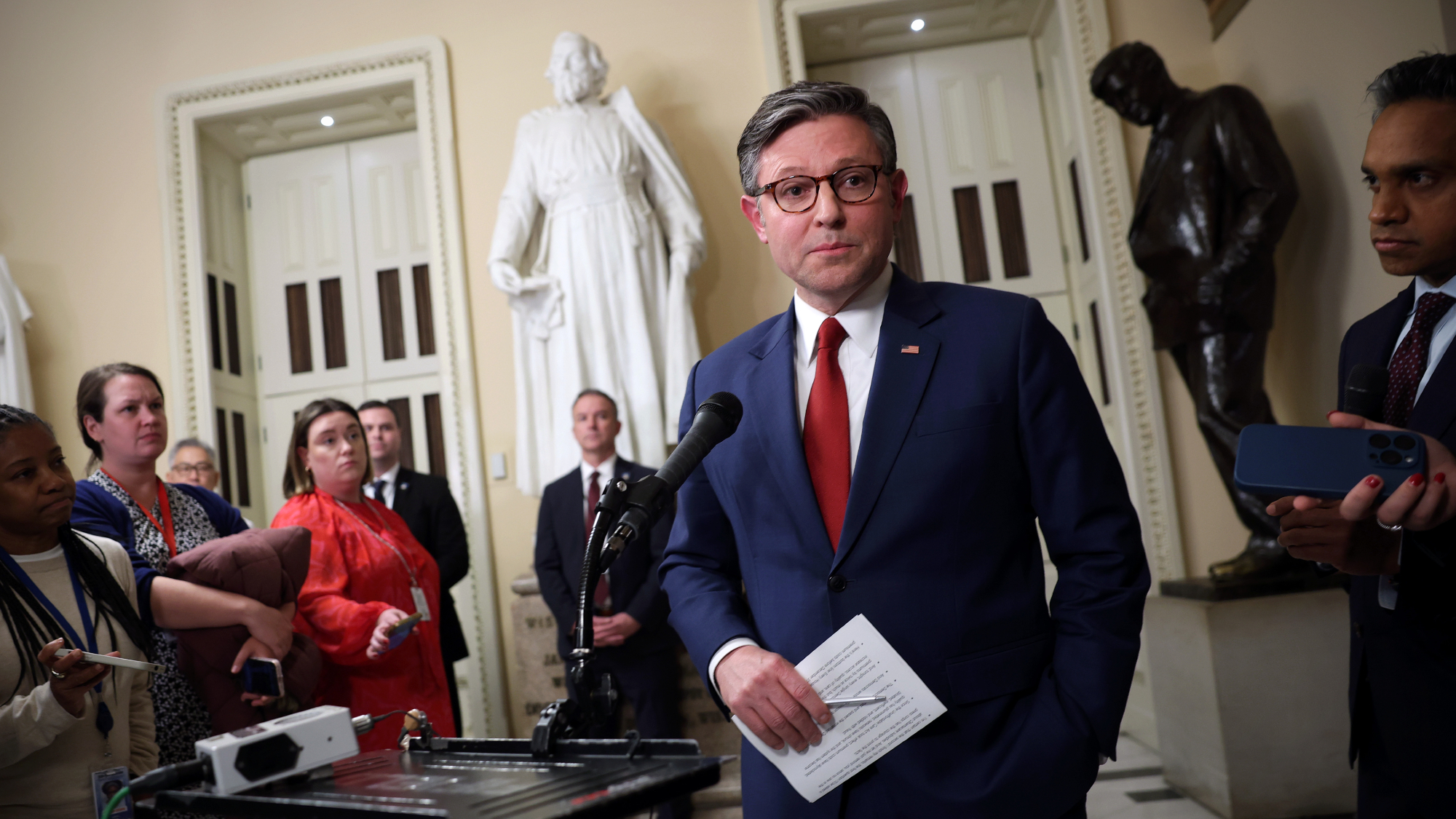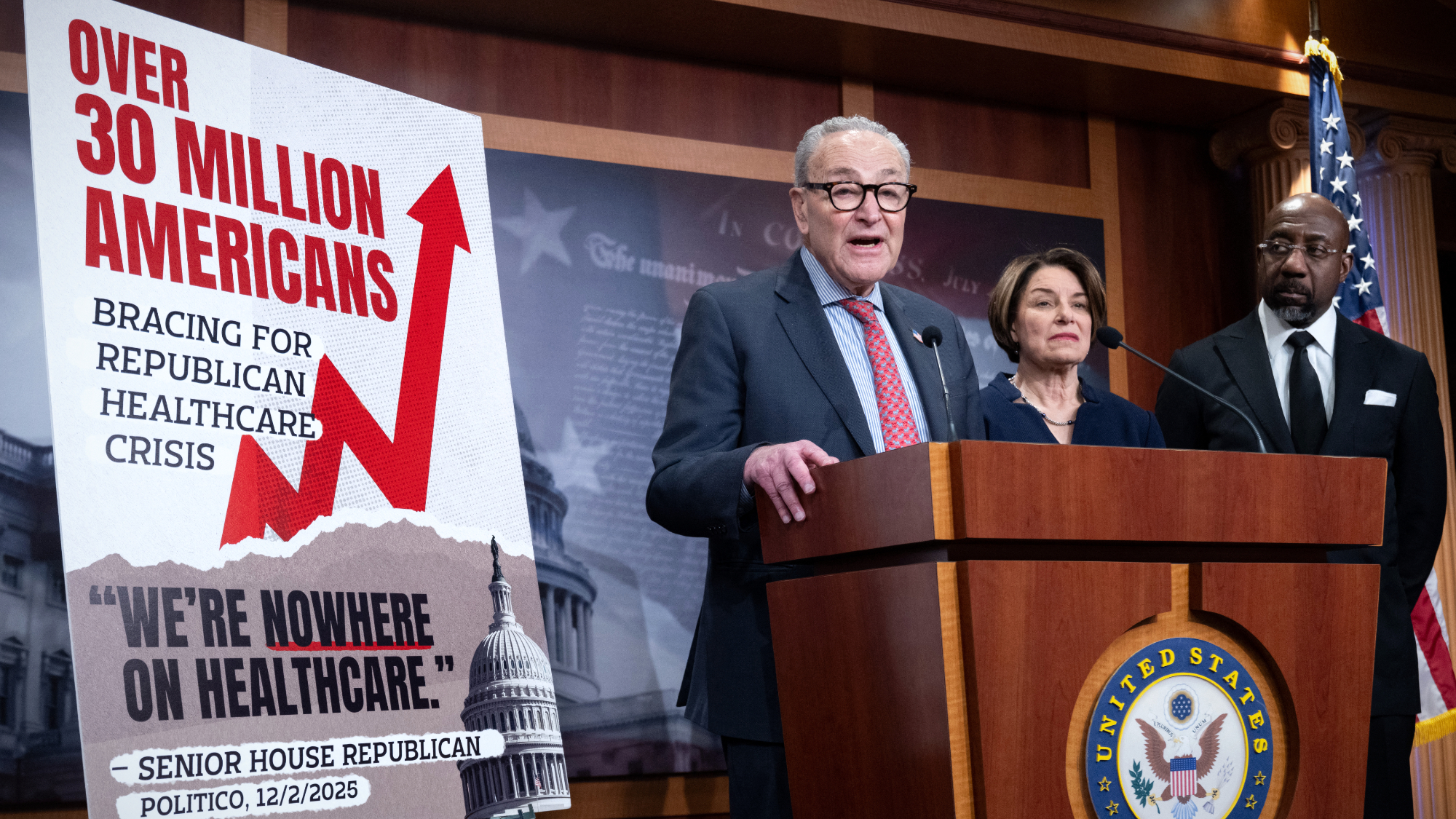New Florida poll shows growing leads for Democrats Andrew Gillum, Sen. Bill Nelson


A CNN/SSRS poll of Florida's Senate and gubernatorial races released Sunday had some good news for Democrats that CNN says "could be an outlier" or "an indicator of renewed Democratic enthusiasm." In the gubernatorial race, Democrat Andrew Gillum, the mayor of Tallahassee, opened up a 12-point lead among likely voters over former Rep. Ron DeSantis (R-Fla.), 54 percent to 42 percent. Incumbent Sen. Bill Nelson (D-Fla.) has a smaller 5-point lead over Gov. Rick Scott (R), 50 percent to 45 percent, within the poll's margin of error.
The Democrats, especially Gillum, are being buoyed by lopsided advantages among women, younger voters, and non-white voters. The Republicans have a wide lead on the issue of the economy and the Democrats dominate on the issue of health care. Gillum and Scott are seen getting a boost from their responses to Hurricane Michael in the Florida Panhandle.
As CNN political analyst Mark Preston notes in the video below, the races are likely tighter than this poll suggests — according to the RealClearPolitics average, Gillum leads DeSantis by 3.7 percentage points, thanks largely to the boost from this CNN poll, and Nelson leads Scott by 1.3 points. FiveThirtyEight rates the Gillum-DeSantis race a "likely Democratic" pickup. Several reputable polls have registered greater Democratic enthusiasm.
The Week
Escape your echo chamber. Get the facts behind the news, plus analysis from multiple perspectives.

Sign up for The Week's Free Newsletters
From our morning news briefing to a weekly Good News Newsletter, get the best of The Week delivered directly to your inbox.
From our morning news briefing to a weekly Good News Newsletter, get the best of The Week delivered directly to your inbox.

SRSS conducted the CNN poll Oct. 16-20 on landlines and cellphones, contacting 1,012 adults, including 872 registered voters and 759 likely voters. The margin of error for registered voters is ±3.9 percentage points and for likely voters, ±4.2 points. "The Democratic advantages in the poll were similar across multiple versions of a likely voter model, including those driven more by interest in the campaign and those which placed stronger emphasis on past voting behavior," CNN notes.
A free daily email with the biggest news stories of the day – and the best features from TheWeek.com
Peter has worked as a news and culture writer and editor at The Week since the site's launch in 2008. He covers politics, world affairs, religion and cultural currents. His journalism career began as a copy editor at a financial newswire and has included editorial positions at The New York Times Magazine, Facts on File, and Oregon State University.
-
 The Week Unwrapped: What’s the cost of PFAs?
The Week Unwrapped: What’s the cost of PFAs?Podcast Plus why is George Osborne joining OpenAI? And has universal basic income finally come of age?
-
 The week’s best photos
The week’s best photosIn Pictures A dervish dance off, a frosty forest, and more
-
 Mount Rainier is on its way down
Mount Rainier is on its way downUnder the radar Its peak elevation is approximately 20 feet lower than it once was
-
 Jack Smith tells House of ‘proof’ of Trump’s crimes
Jack Smith tells House of ‘proof’ of Trump’s crimesSpeed Read President Donald Trump ‘engaged in a criminal scheme to overturn the results of the 2020 presidential election,’ hoarded classified documents and ‘repeatedly tried to obstruct justice’
-
 House GOP revolt forces vote on ACA subsidies
House GOP revolt forces vote on ACA subsidiesSpeed Read The new health care bill would lower some costs but not extend expiring Affordable Care Act subsidies
-
 Hegseth rejects release of full boat strike footage
Hegseth rejects release of full boat strike footageSpeed Read There are calls to release video of the military killing two survivors of a Sept. 2 missile strike on an alleged drug trafficking boat
-
 Trump vows naval blockade of most Venezuelan oil
Trump vows naval blockade of most Venezuelan oilSpeed Read The announcement further escalates pressure on President Nicolás Maduro
-
 Kushner drops Trump hotel project in Serbia
Kushner drops Trump hotel project in SerbiaSpeed Read Affinity Partners pulled out of a deal to finance a Trump-branded development in Belgrade
-
 Senate votes down ACA subsidies, GOP alternative
Senate votes down ACA subsidies, GOP alternativeSpeed Read The Senate rejected the extension of Affordable Care Act tax credits, guaranteeing a steep rise in health care costs for millions of Americans
-
 Abrego García freed from jail on judge’s order
Abrego García freed from jail on judge’s orderSpeed Read The wrongfully deported man has been released from an ICE detention center
-
 Indiana Senate rejects Trump’s gerrymander push
Indiana Senate rejects Trump’s gerrymander pushSpeed Read The proposed gerrymander would have likely flipped the state’s two Democratic-held US House seats
